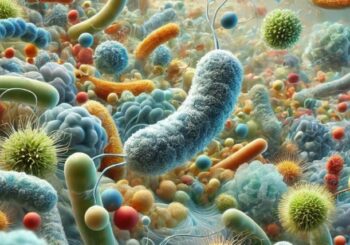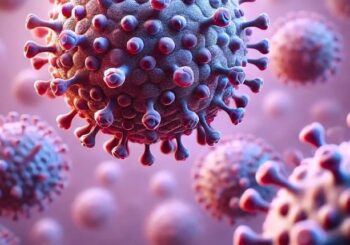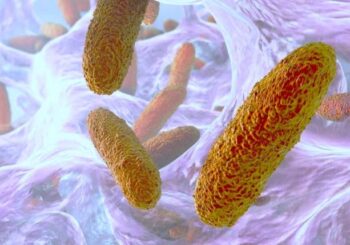
[Russian translation]
Actinomycetes are a group of Gram-positive bacteria that occupy an intermediate position between bacteria and fungi. They form branched, filamentous structures resembling mold mycelium and are capable of producing spores. While many species of actinomycetes naturally occur in the environment and participate in the decomposition of organic matter, certain strains can become pathogenic and pose a threat to human health when they begin to proliferate indoors.
What A...
Read More
Read More









